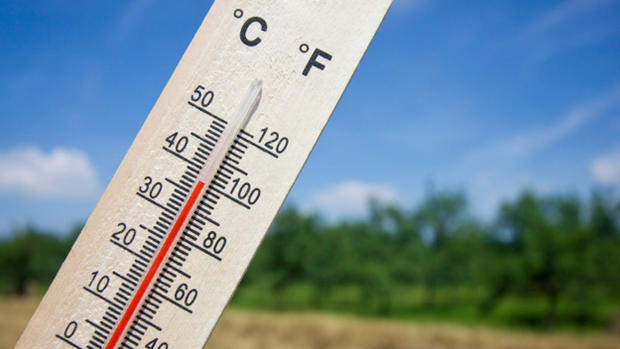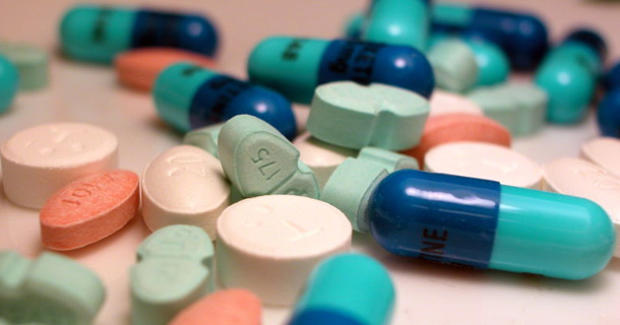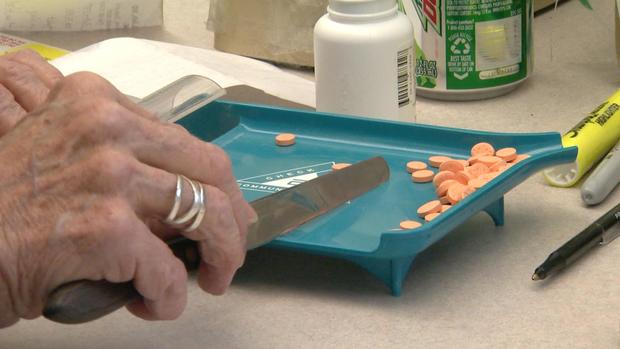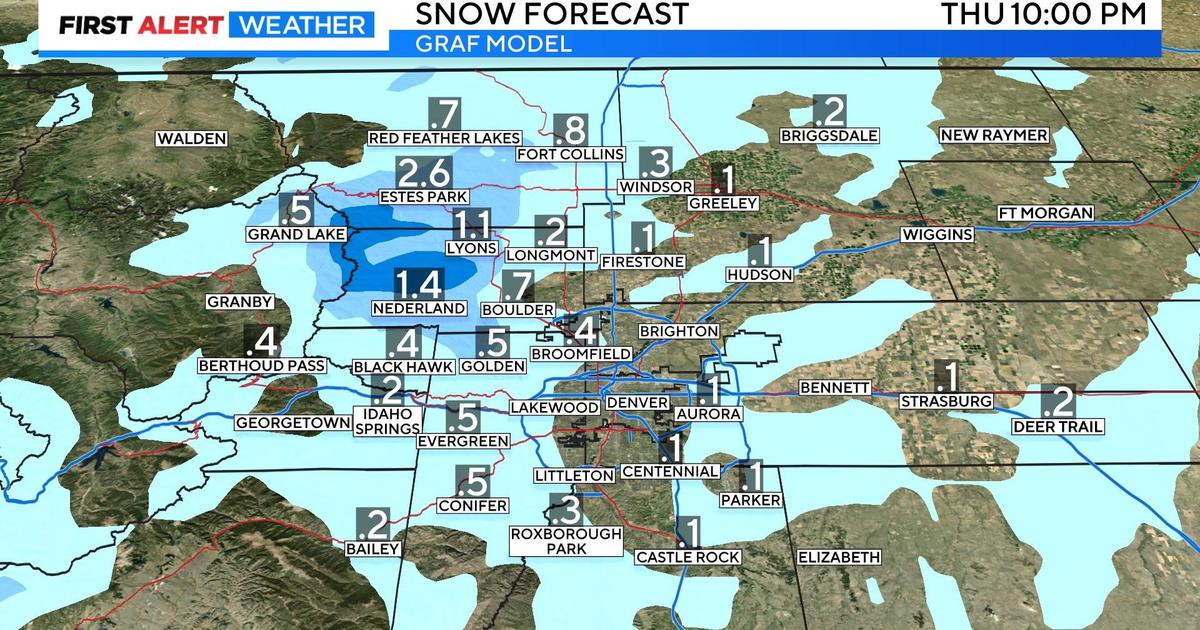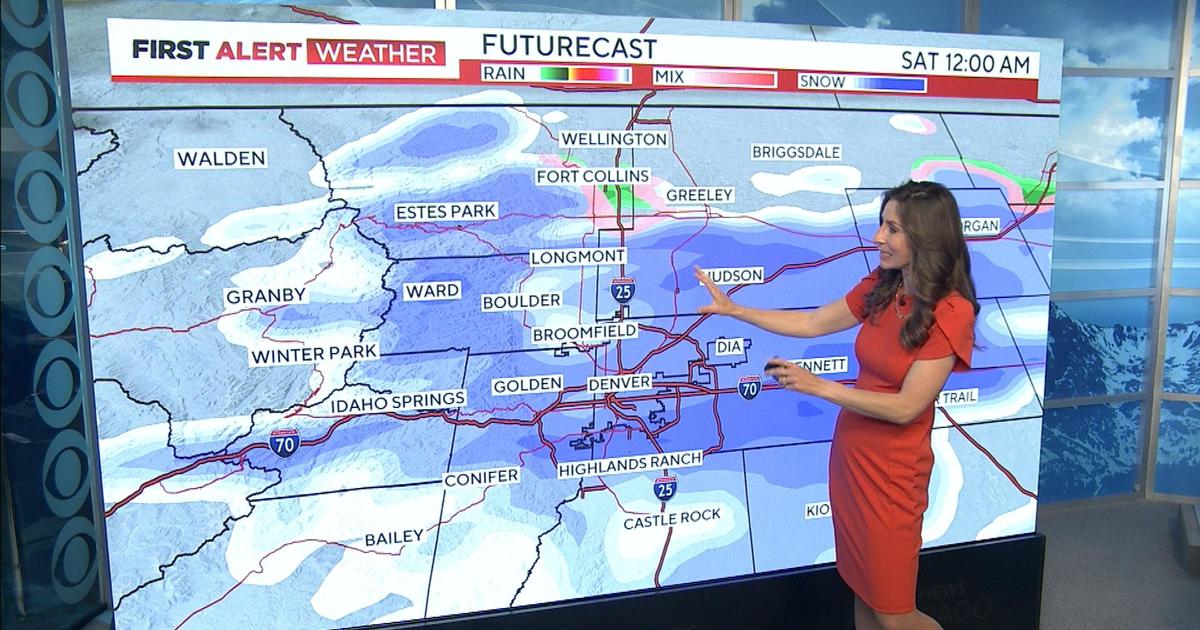When Common Medicines And Hot Temps Are A Bad Mix
DENVER (CBS4) - It's been a hot week, with more warmth to come. And as the thermometer rises, so does the risk of heat stroke and other heat-related illnesses. That means there are two really important things to know right now as you begin to roast.
First, your body takes its time getting used to the change in seasons, meaning you will have more trouble tolerating the heat of June compared to that of August. Your body needs to acclimate.
Second, the risk of heat illness increases if you are taking some common, everyday medications. And you might be surprised at how common.
For example, sneezing and snorting from all that pollen floating around…and taking some allergy medication for relief? Some of those drugs can make you more prone to cramps, exhaustion, and collapse. Simple, plain, old allergy pills.
Why? These and a number of medications have ingredients which interfere with how our bodies handle heat — basically they prevent us from cooling down.
They cause us to sweat less. They make us less thirsty. And they narrow blood vessels of the skin so we hold in heat. And what's scary is we don't realize this is going on until we keel over or, in the extreme, put our bodies under so much stress we have something like a heart attack.
When it comes to medications, there are many; the common ones include:
Blood pressure medications – almost all of them such as beta blockers, diuretics, ace inhibitors, and a type called ARBs
Allergy medications – antihistamines including OTC products
Decongestants – can also be a problem even without the antihistamines.
Antidepressants – such as Prozac, Zoloft, Paxil, and particularly older types called tricyclics
Alcohol is a major cause, even though something like a nice, cold beer sounds great on a steamy day. We find many people who come into the ER with heat illness have been drinking.
Some other drugs include drugs for psychiatric disorders, overactive bladder, Parkinson's, tranquilizers, and medications to relieve nerve pain
The very young and very old are the most at risk — but heat issues caused by medications can happen to anyone—even the young, robust, and healthy.
Now all of this does not mean stop your medicine when it gets hot. You take them for a reason.
So slow down. Drink plenty of fluids. Avoid alcohol. And talk to your doctor or pharmacist to see if your medication could spell summertime problems. We'd rather not get to know you as you lie on a stretcher needing an IV and a cool-down.
Dr. Dave Hnida is CBS4's Medical Editor. He blogs about the latest studies and trends in the health world. Read his latest blog entries, check out his bio or follow him on Twitter @drdavehnida
